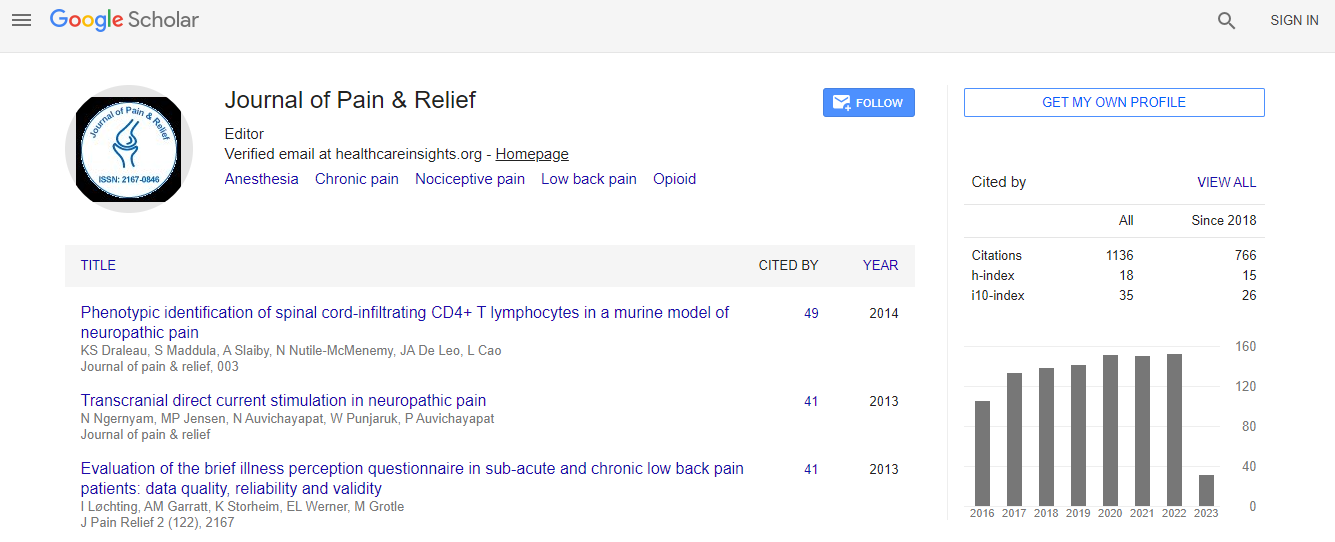The Use of Exparel in Transversus Abdominus Plane Blocks for Postoperative Pain Control
*Corresponding Author:
Copyright: © 2020 . This is an open-access article distributed under the terms of the Creative Commons Attribution License, which permits unrestricted use, distribution, and reproduction in any medium, provided the original author and source are credited.
Abstract
Background: Overuse of opiates in surgical patients has been associated with dependence and poor patient
outcomes. Ultrasound guided transverse abdominal plane (TAP) blocks provide a means for administering nonnarcotic
pain control in patients undergoing abdominal surgery. Exparel is a long acting liposomal bupivacaine with a
duration up to 72 hours. Here we examined the effect of Exparel TAP blocks on postoperative outcomes in a cohort
of surgical patients.
Methods: This study was IRB approved. Patients undergoing open abdominal surgery > 18y/o and ASA 1-3 were
included, and those with allergies to local anesthesia, advanced liver failure, pregnancy, and dementia were excluded.
TAP blocks were performed with ultrasound guidance, and pain scores/outcomes were assessed for five days.
Results: Fifty-two patients underwent open abdominal surgery followed by Exparel TAP blocks (n=26) or standard
opioid therapy (n=26). Fifty two percent were male, mean age was 58 17 years. Exparel treatment resulted in 50%
fewer patients requiring oral morphine equivalents (OME) (61-90) for treatment of severe postoperative pain. Exparel
treatment was associated with decreased length of stay 52 vs 97 days, reduced incidence of ileus (3% vs 27%),
nausea and vomiting (8% vs 42%), readmission (4% vs 12%), and postoperative complications (23% vs 54%). These
findings were also associated with a 27% reduction in cost per admission $18,190 $8700 with Exparel vs $25010
$15423 without Exparel. Exparel reduced the incidence of severe postoperative pain scores by 50% or greater from
POD0- 4.
Conclusion: Exparel TAP blocks improve postoperative outcomes by reducing OME and acute pain scores
associated with reduced length of stay, fewer complications, and average cost per patient. Large randomized
multicenter control trials should investigate whether TAP blocks are similarly effective.

 Spanish
Spanish  Chinese
Chinese  Russian
Russian  German
German  French
French  Japanese
Japanese  Portuguese
Portuguese  Hindi
Hindi 
